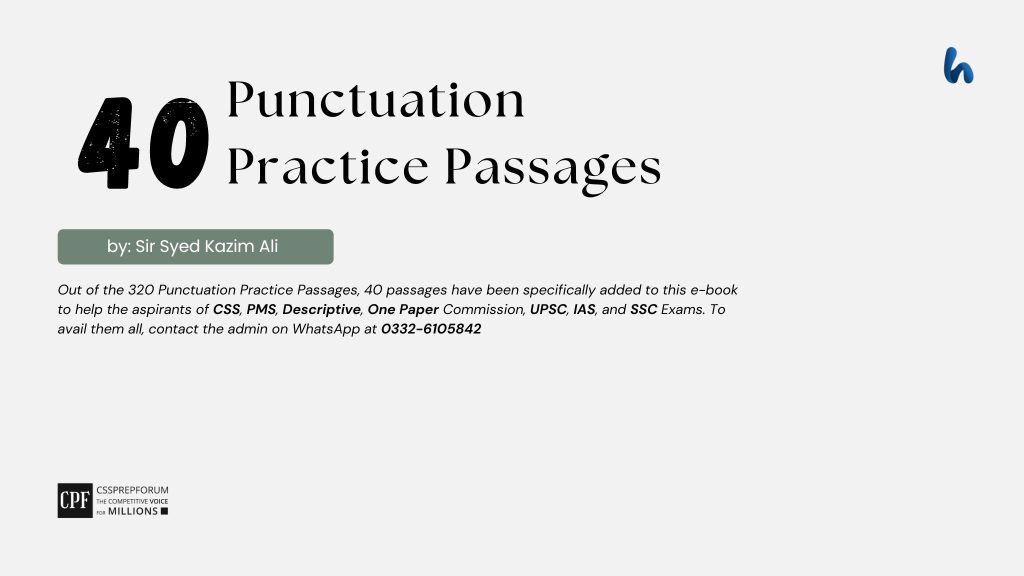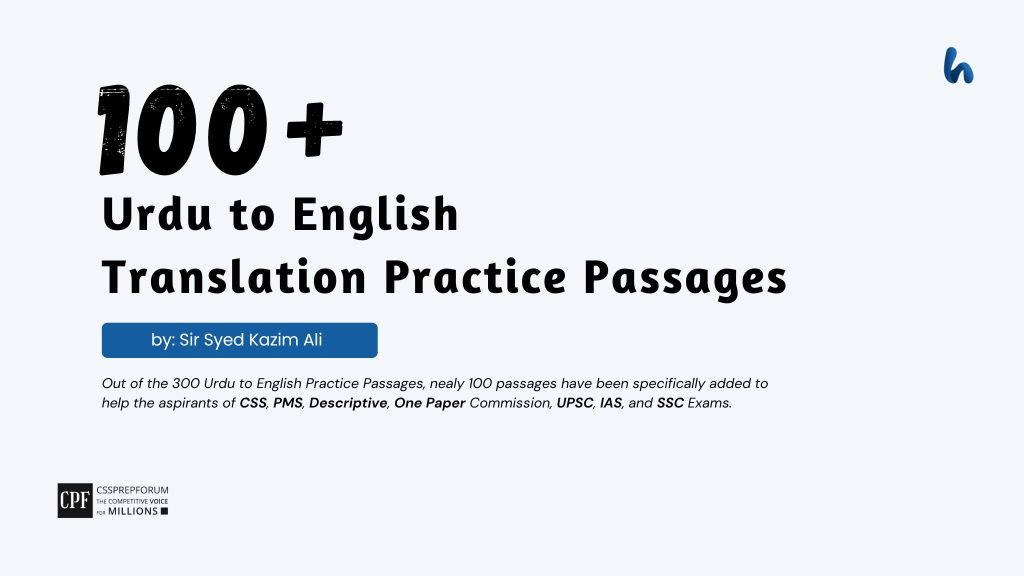Miss Iqra Ali, a Sir Syed Kazim Ali student, has attempted the Civil Judge KPK 2024 Five Paragraph Essay “Education is a Moulting of Dogmas, a Progress in the Art of Doubt.“ on the given pattern, which Sir Syed Kazim Ali teaches his students. Sir Syed Kazim Ali has been Pakistan’s top English writing and CSS, PMS essay and precis coach with the highest success rate of his students. The essay is uploaded to help other judiciary and competitive aspirants learn and practice essay writing techniques and patterns to qualify for the essay paper.

Education is a Moulting of Dogmas, a Progress in the Art of Doubt.
Outline
1- Introduction
Although education imparts knowledge, its true essence lies in challenging preconceived beliefs, fostering critical thinking, and cultivating the ability to question rather than blindly accept dogmas.
2- How does education serve as the art of doubt and a tool to challenge dogmas?
- Education encourages individuals to question societal norms, religious dogmas, and historical biases.
- Evidence: John Stuart Mill, in “On Liberty,” argues that the progress of society depends on the continuous challenge of established ideas, as unchallenged truths become mere dogmas rather than living knowledge.
- Education allows individuals to assess claims, reject misinformation, and develop independent reasoning.
- Evidence: A 2022 Pew Research study found that students trained in critical thinking and skepticism were 40% less likely to fall for misinformation compared to those who were not taught these skills.
3- If education is about questioning, doesn’t excessive doubt lead to cynicism and a lack of absolute truth?
- Counterargument: Some argue that constant doubt erodes certainty and moral foundations, leading to skepticism that undermines societal cohesion.
- Refutation: However, doubt does not imply disbelief; instead, it refines beliefs through reasoning and evidence, ensuring that knowledge evolves rather than stagnates.
4- Conclusion

The Essay Begins Below!
“The essence of the independent mind lies not in what it thinks, but in how it thinks.” – Christopher Hitchens. Education is often viewed as accumulating knowledge, a structured process of learning facts and theories. However, this traditional perspective overlooks a crucial aspect; education should not merely reinforce existing beliefs but challenge them. If learning is reduced to accepting information without scrutiny, it risks becoming dogmatic rather than enlightening. While some argue that a structured education provides certainty and stability, true intellectual growth emerges when individuals learn to question, analyze, and refine their understanding. Thus, real education is not memorizing facts but unlearning biases, embracing doubt, and fostering independent thought.
To understand why education is a process of doubt, we must recognize its role in challenging societal norms, religious dogmas, and historical biases. When individuals are taught to question rather than accept information at face value, they become active thinkers rather than passive recipients of knowledge. In “On Liberty,” John Stuart Mill argues that society’s progress depends on the continuous challenge of established ideas, as unchallenged truths become mere dogmas rather than living knowledge. Therefore, education fosters a culture of inquiry, where individuals refine their beliefs through reasoning and evidence rather than blind acceptance. By encouraging skepticism, education prevents intellectual stagnation and promotes societal progress.
Moreover, beyond challenging dogmas, education also plays a crucial role in developing critical thinking and protecting individuals from misinformation. In an era where false information spreads rapidly, the ability to critically analyze claims is essential. A 2022 Pew Research study found that students trained in skepticism and logical reasoning were 40% less likely to fall for misinformation compared to those who were not taught these skills. As a result, an education system that prioritizes analytical thinking over rote learning empowers individuals to distinguish between fact and fiction. By refining the ability to question and verify information, education ensures that knowledge remains dynamic and continuously evolving rather than static and unquestioned.
While education fosters critical thinking, some argue that too much doubt can be detrimental. According to this perspective, constant questioning erodes certainty, weakens moral foundations, and leads to skepticism that undermines societal cohesion. If individuals are taught to challenge everything, they may struggle to establish firm beliefs, leading to cynicism and intellectual paralysis. However, this argument overlooks that doubt does not equate to disbelief; instead, it refines beliefs through reasoning and evidence. In “The Problems of Philosophy,” Bertrand Russell asserts that “the value of philosophy is in the questions it raises, not in the answers it provides,” emphasizing that doubt strengthens understanding rather than diminishing it. Thus, education does not promote aimless skepticism but instead ensures that knowledge evolves, remains adaptable, and resists stagnation.
In light of these arguments, education is not merely about acquiring knowledge but refining it through doubt and inquiry. Education ensures that knowledge remains dynamic rather than static by challenging rigid beliefs, fostering critical thinking, and protecting against misinformation. While some fear that excessive doubt leads to cynicism, true intellectual growth comes from questioning, not blind acceptance. Ultimately, education does not tell individuals what to think but teaches them how to think. A society that values doubt as a tool for progress will continue evolving, ensuring that truth is constantly refined rather than blindly upheld.

Click on Any to Start Reading



FAQs About Sir Syed Kazim Ali

CSS Solved Past Papers’ Essays
Looking for the last ten years of CSS and PMS Solved Essays and want to know how Sir Kazim’s students write and score the highest marks in the essays’ papers? Then, click on the CSS Solved Essays to start reading them.
CSS Solved Essays
CSS Solved General Science & Ability Past Papers
Want to read the last ten years’ General Science & Ability Solved Past Papers to learn how to attempt them and to score high? Let’s click on the link below to read them all freely. All past papers have been solved by Miss Iqra Ali & Dr Nishat Baloch, Pakistan’s top CSS GSA coach having the highest score of their students. General Science & Ability Solved Past Papers












